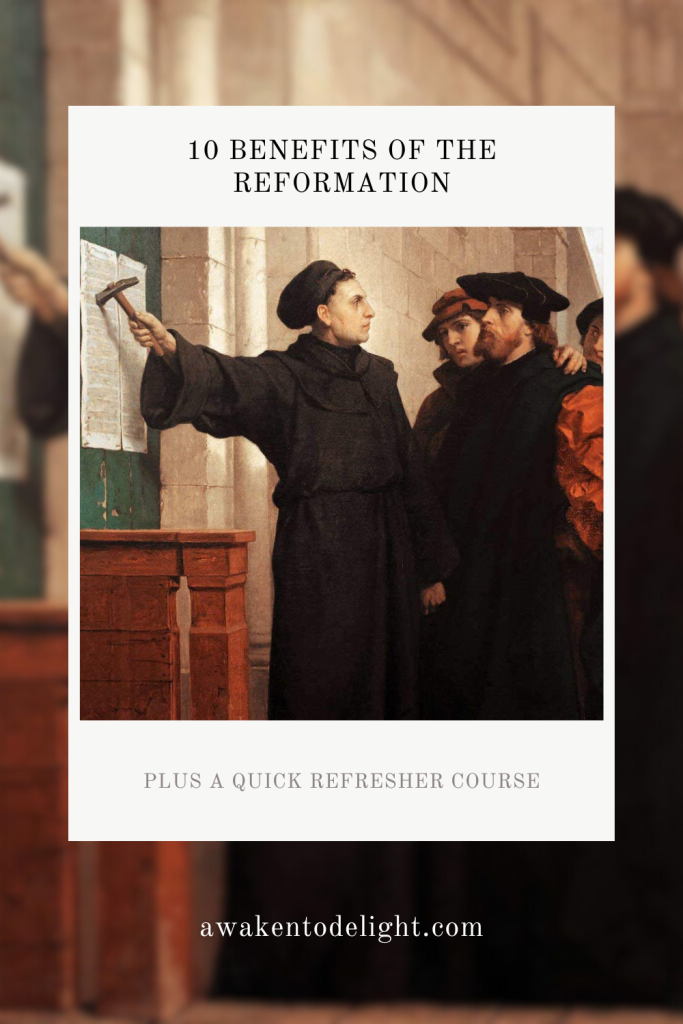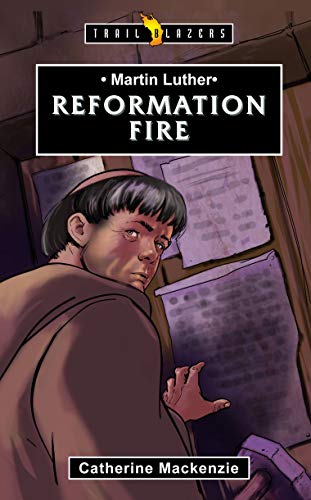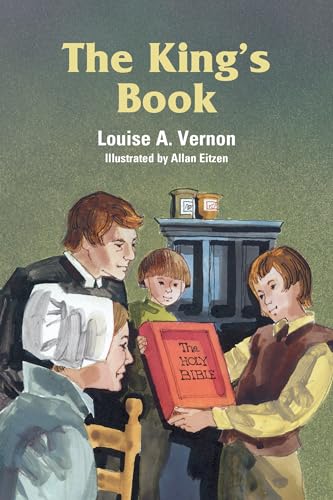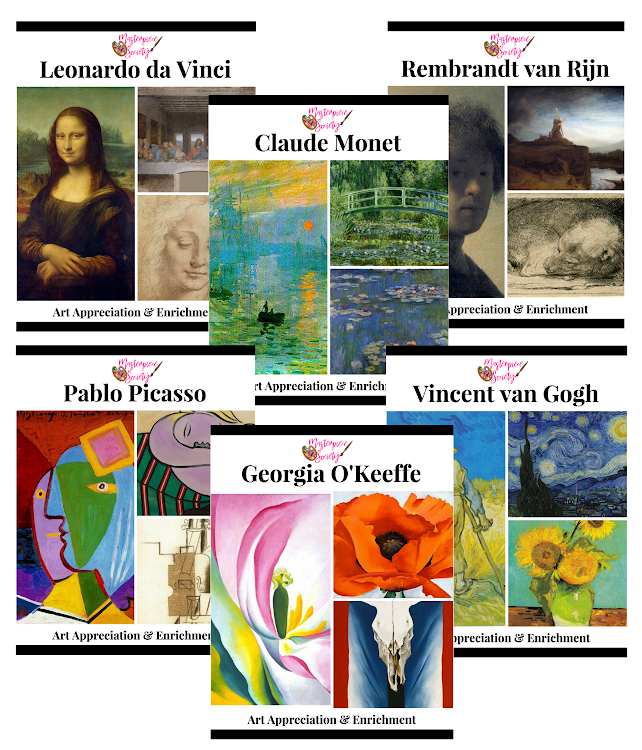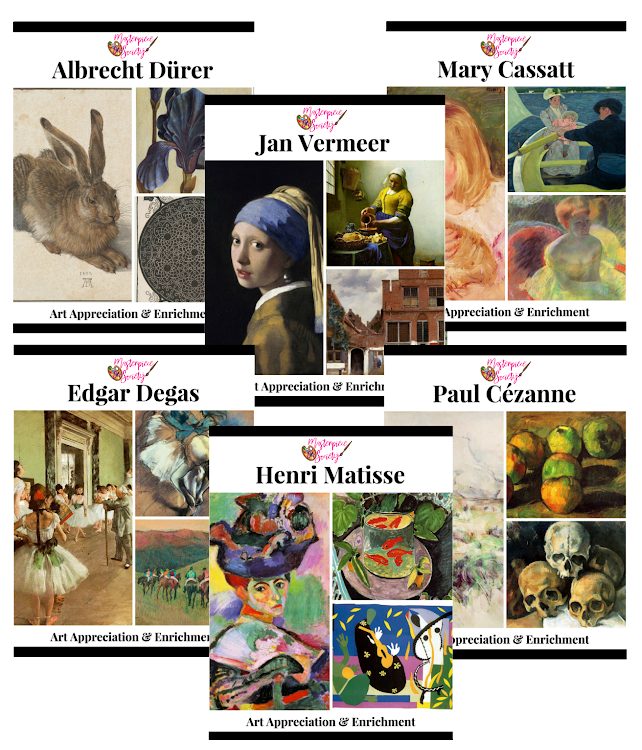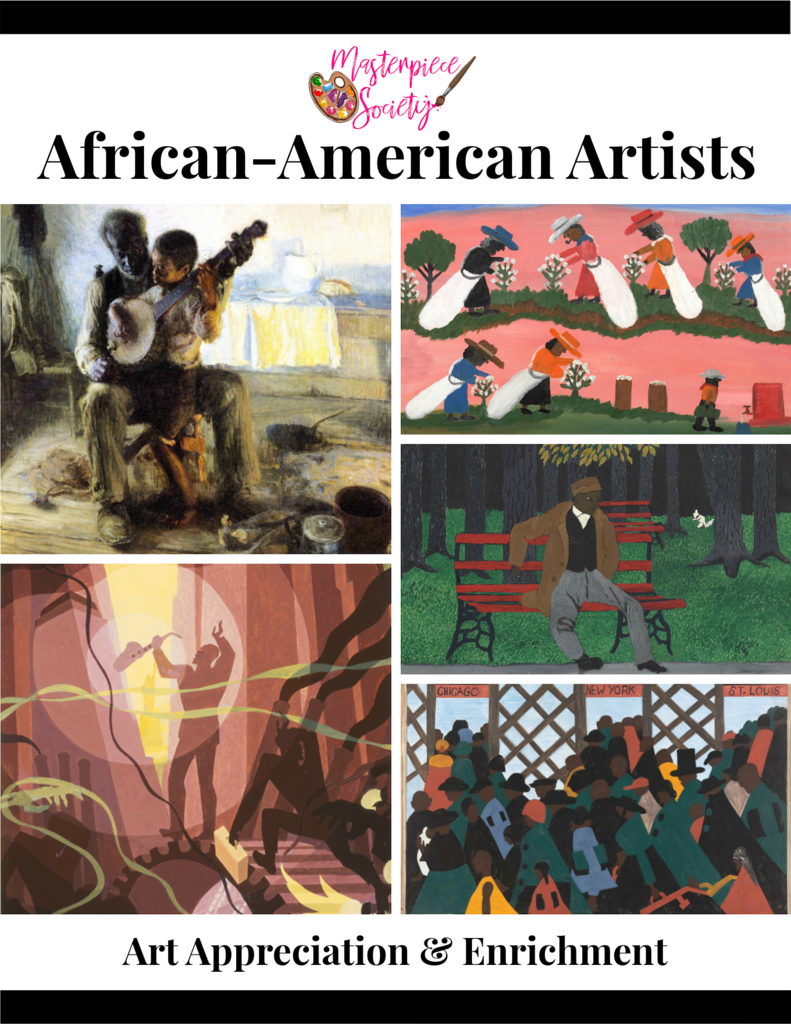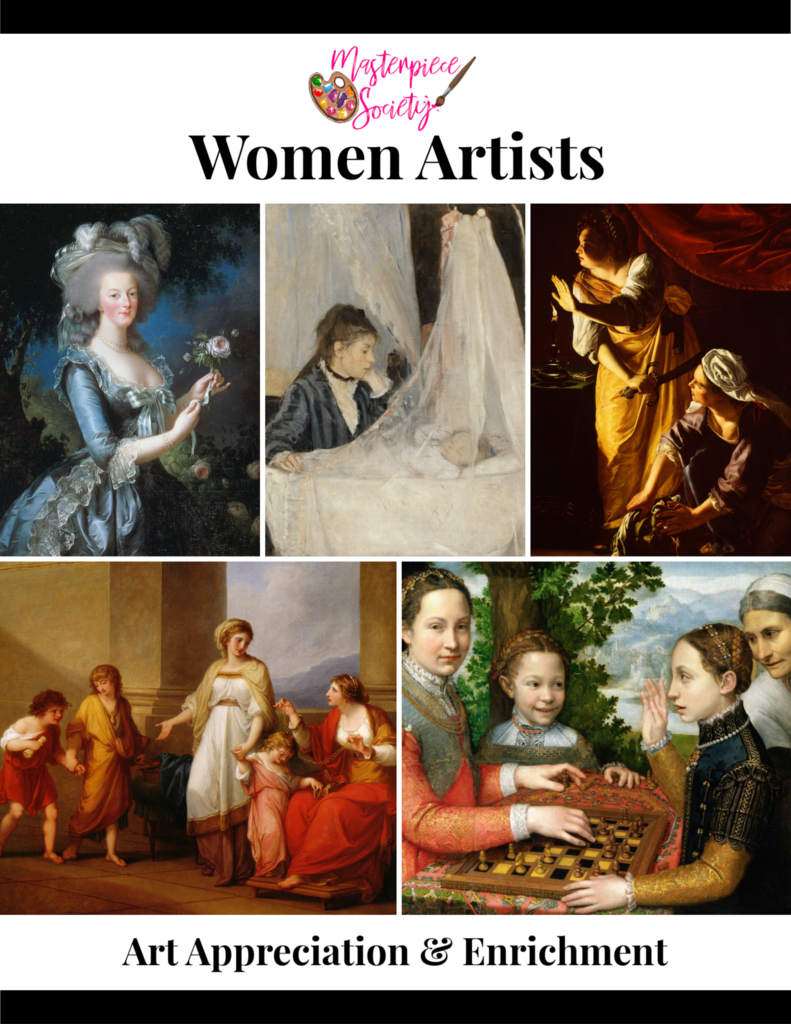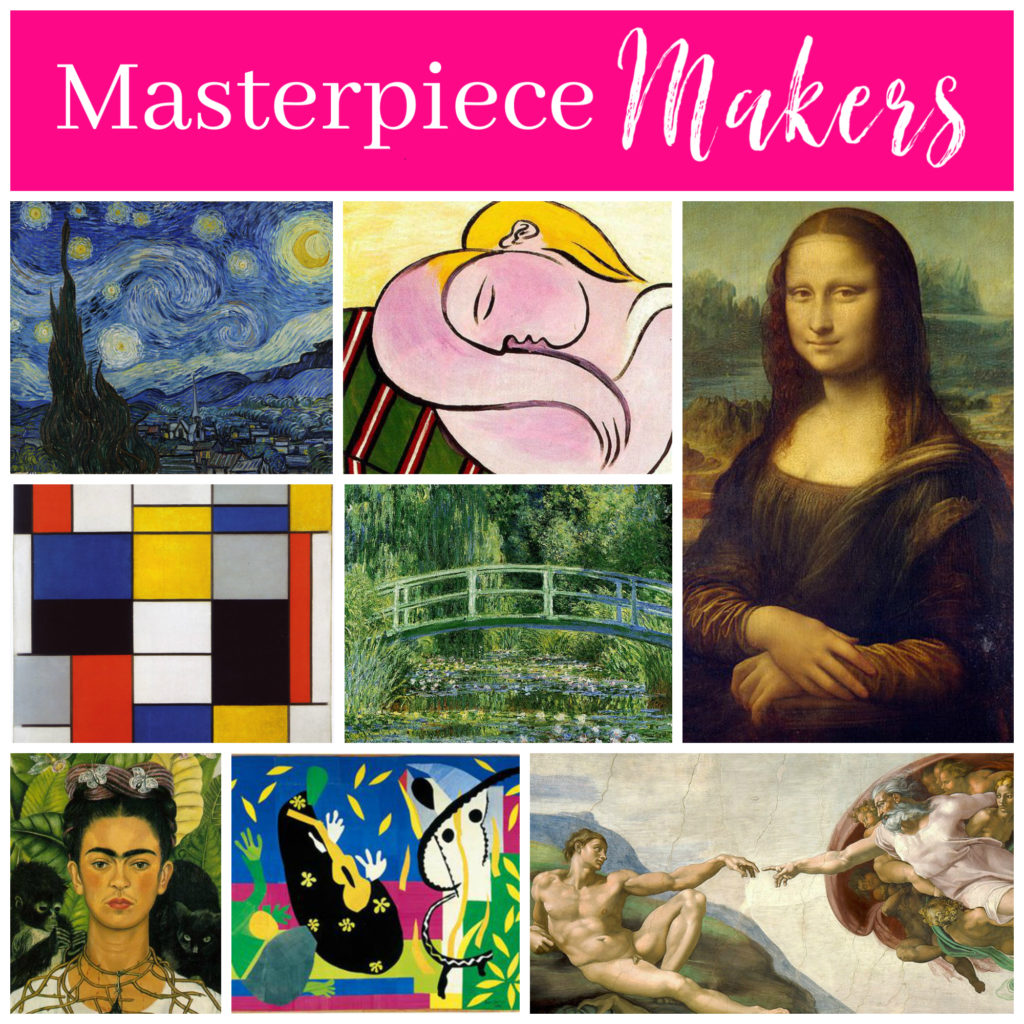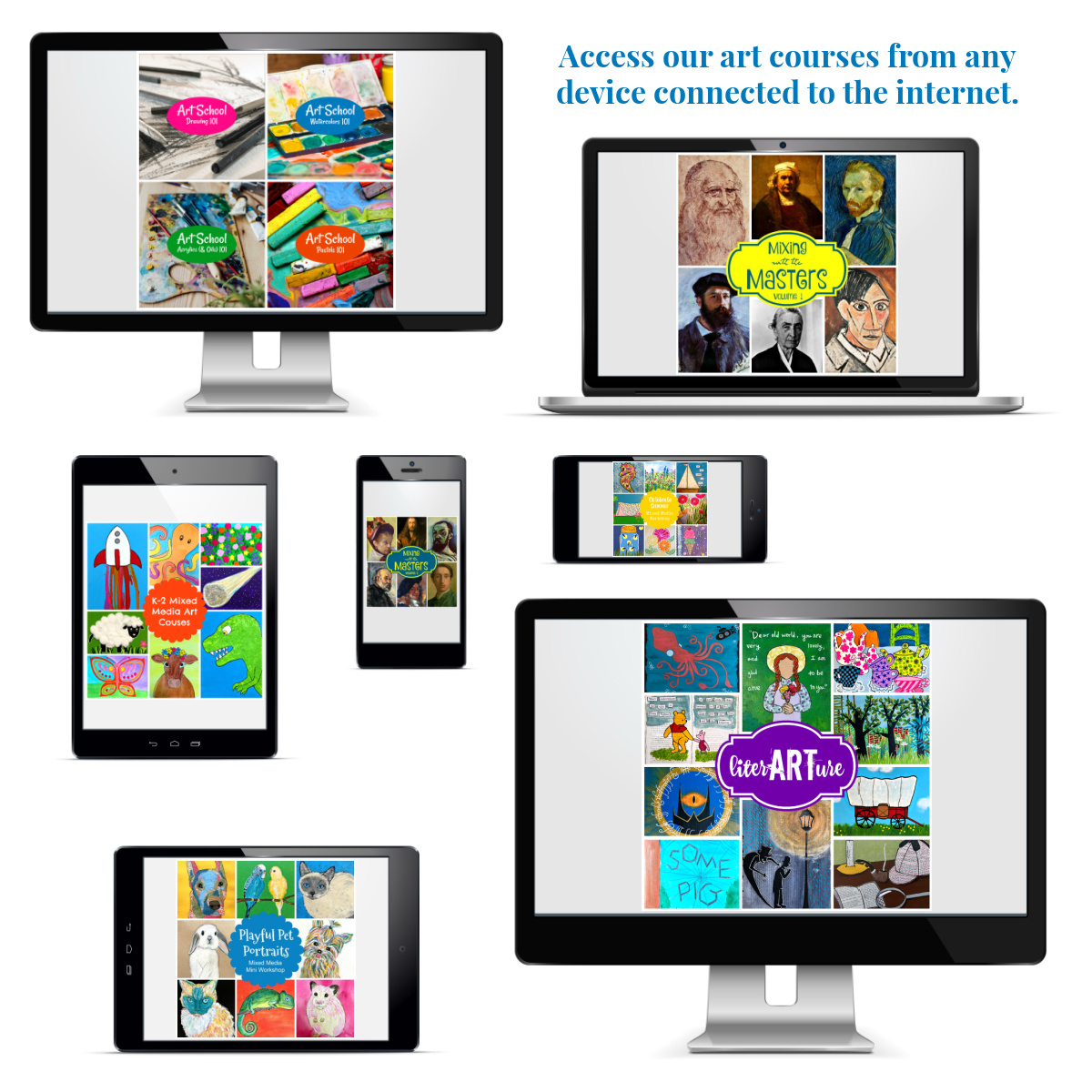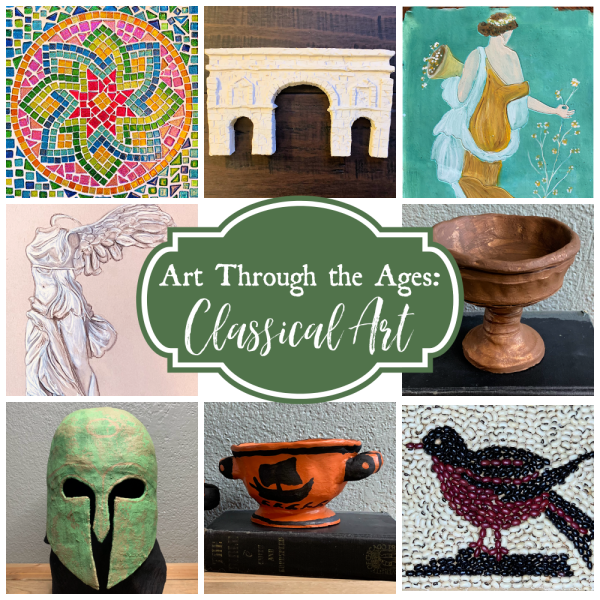Learn 10 benefits of the reformation, get a quick refresher about key reformists & grab our copywork guide to enhance your kids’ learning.
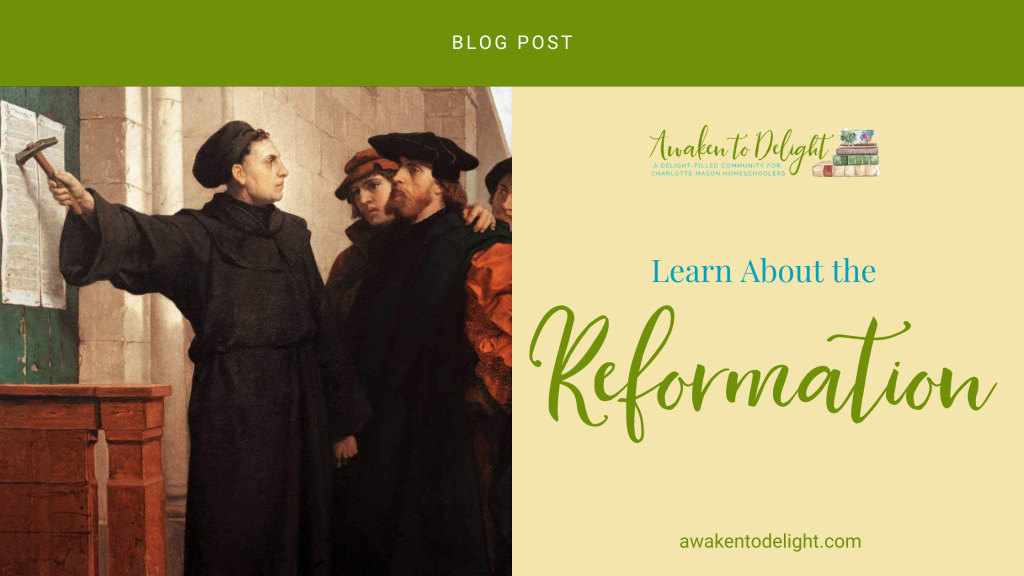
The Reformation was a significant movement in the 16th century that changed the course of the church, faith, and even education. It began with a desire to bring the church back to its roots, focusing on the Bible and the teachings of Jesus, rather than man, and led to profound changes across Europe.
In 1517 a German monk named Martin Luther nailed a list of criticisms, known as the Ninety-Five Theses, to the door of a church in Wittenberg, Germany. Luther had been deeply troubled by the practices within the Catholic church, which involved selling indulgences (essentially, “tickets to heaven”) and wanted to bring attention to these corrupt practices.
Little did he know that his actions would spark a movement that would change the course of history…
What Was the Reformation?
The Protestant Reformation was a religious movement that aimed to reform the Roman Catholic Church. Prior to the Reformation, the Catholic Church was the dominant religion in Europe, and the Pope held significant power over the people. However, the Reformation challenged the Church’s authority and led to the creation of various Protestant denominations, such as Lutheranism, Presbyterianism, and Methodism. It gave people the freedom to worship in their own way.
The Reformation also had a significant impact on the history of Europe and the world. It sparked political revolutions and led to the creation of new nations. It also contributed to the rise of capitalism and the modern world.
The Reformers were willing to risk their lives to express their beliefs, and their actions led to positive change. We can learn much from them on the importance of defending our beliefs and standing up for what we believe is right, even if it means going against the majority or popular opinion.
10 Benefits as a Result of the Reformation:
Consider these benefits which came as a result of the Reformation:
1. Theological Shift
The Reformation marked a significant shift in theological thinking, moving away from the reliance on church intermediaries to a focus on a personal relationship with God.
2. Bible Translation
The Bible was translated into vernacular languages, making it accessible to the common man, not just the clergy.
3. Church Power Reduction
The power of the Catholic Church was significantly reduced, leading to a more decentralized religious power structure.
4. Protestant Church Emergence
A multitude of Protestant denominations emerged, each with its own interpretation of Christianity.
5. Education Emphasis
The Reformation placed emphasis on literacy and education, in part to allow individuals to read the Bible themselves.
6. Art & Music
The Reformation influenced art and music, shifting their focus from religious to more secular themes.
7. Political Impact
The Reformation prompted changes in the political landscape, with religious freedom and pluralism becoming significant political issues.
8. Social Impact
The Reformation also had a profound social impact, changing people’s views and practices regarding marriage, family, and work.
9. Scientific Revolution
The Reformation is considered by some as a precursor to the Scientific Revolution, as the questioning of religious authority paved the way for questioning scientific authority.
10. Economic Changes
The diminished power of the Church led to economic changes, with wealth increasingly being channeled into commerce and trade instead of religious institutions. Additionally, the emphasis on individual responsibility and hard work in Protestantism influenced the rise of capitalism.
Overall, the Reformation was a pivotal moment in history that continues to impact the world today.
Key Figures of the Reformation
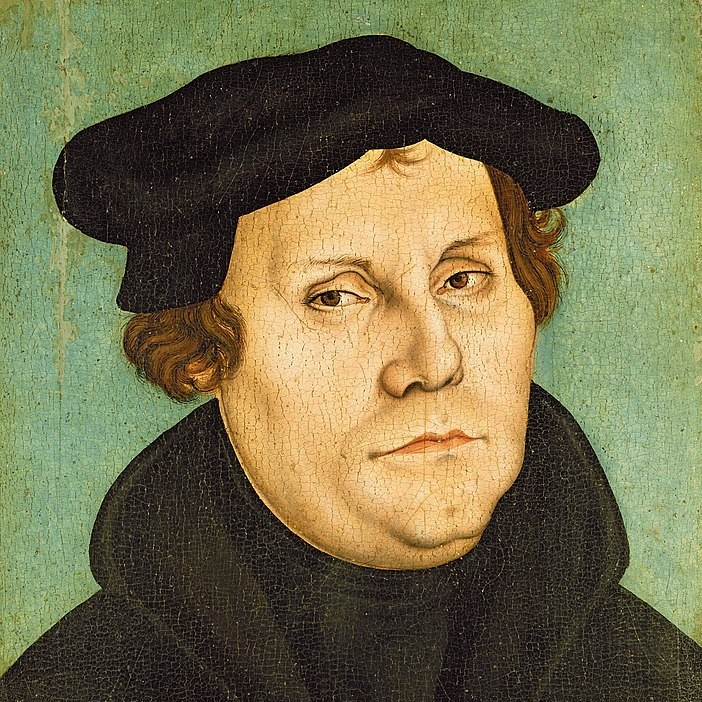
Martin Luther (1483–1546)
Martin Luther was a German priest and theologian who spearheaded the Reformation movement. He challenged the authority of the Pope and emphasized that salvation could not be bought, but was a gift from God, received by faith alone. Luther’s translation of the Bible into German made it accessible to ordinary people, allowing them to read the scriptures for themselves. His writings spread quickly thanks to the printing press, and his teachings formed the foundation of Protestantism.
John Wycliffe (c. 1330–1384)
Often called the “Morning Star of the Reformation,” John Wycliffe was an English scholar who criticized the wealth and power of the church and emphasized the importance of the Bible as the ultimate authority. He was one of the first people to translate the Bible into English, which before had only been available in Latin. Although Wycliffe lived more than a century before Luther, his ideas planted early seeds of reform.
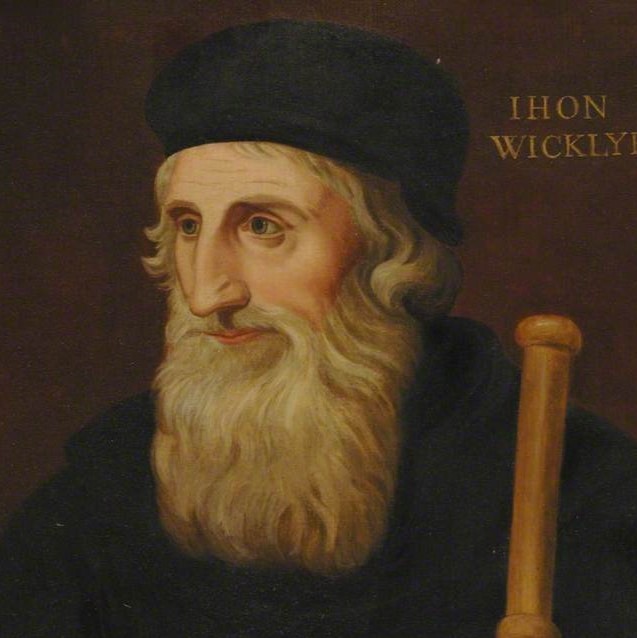
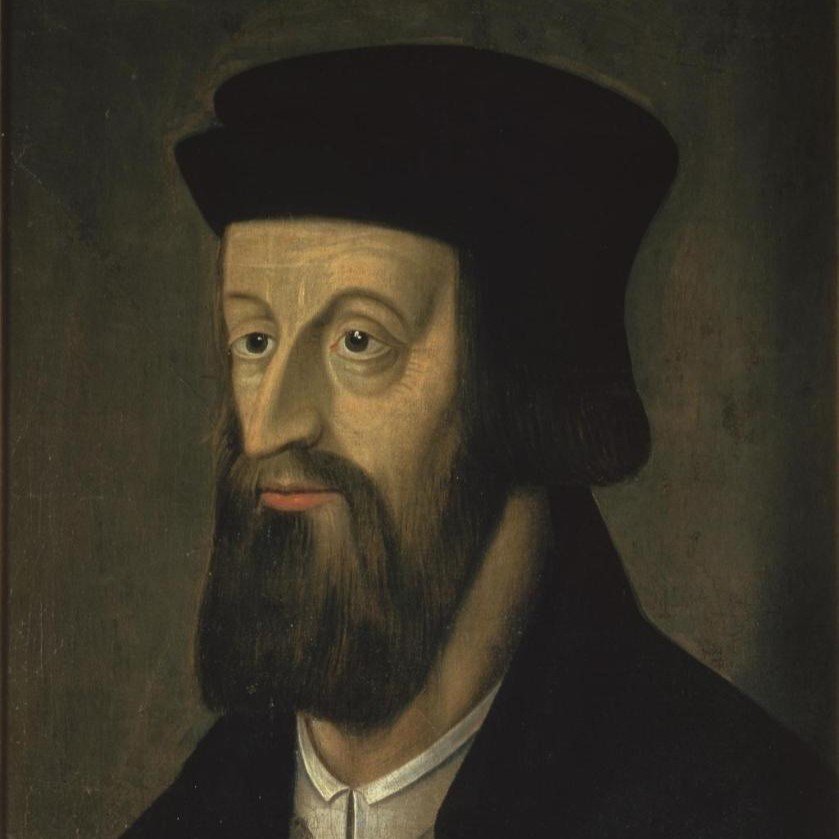
Jan Hus (c. 1372–1415)
Jan Hus was a Czech priest who was influenced by Wycliffe’s writings. He preached against corruption within the church and advocated for the Bible to be available to all people. Unfortunately, Hus was condemned as a heretic and executed for his beliefs. However, his martyrdom inspired many reformers who came after him, including Martin Luther.
Johannes Gutenberg (c. 1400–1468)
While Gutenberg was not a religious reformer, his invention of the printing press played a critical role in the Reformation. Before the printing press, books were copied by hand, which made them expensive and rare. Gutenberg’s press allowed for the mass production of books, including the Bible, and helped spread Reformation ideas quickly across Europe.
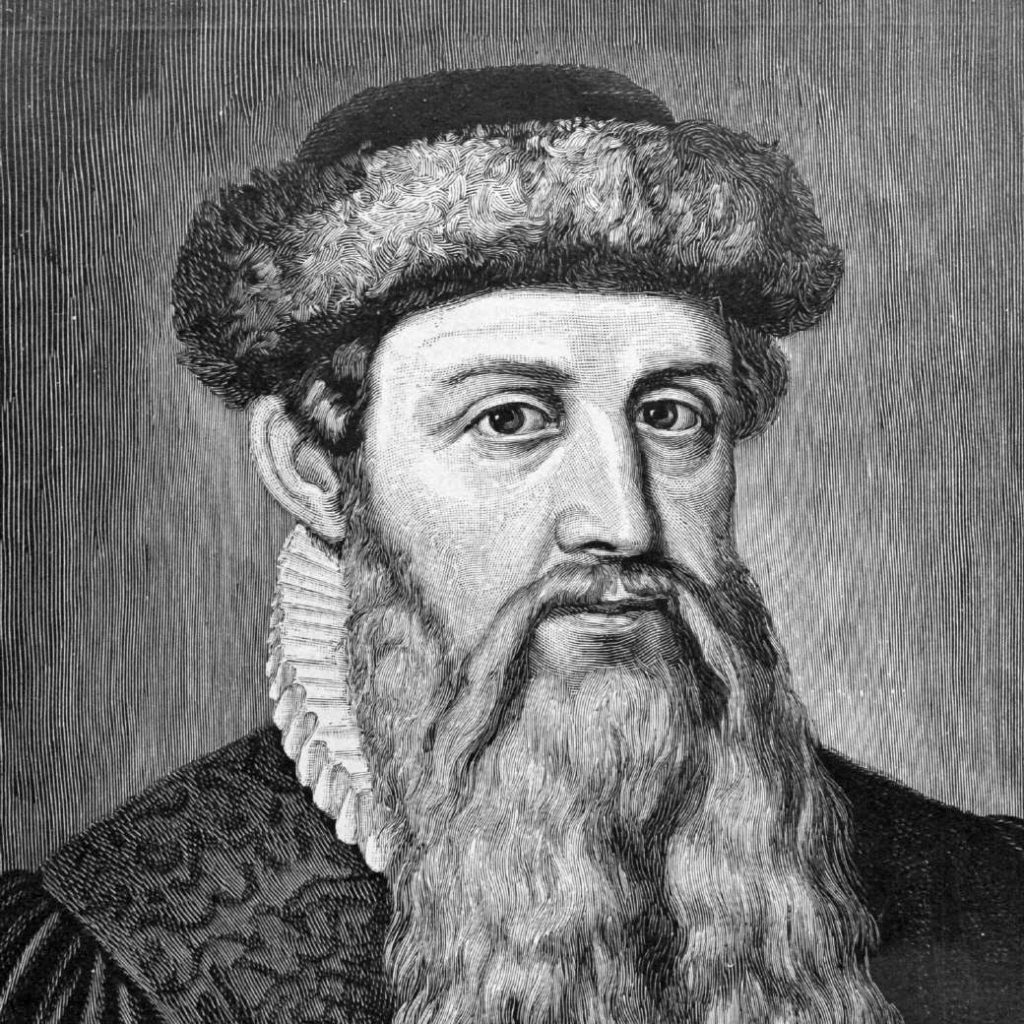
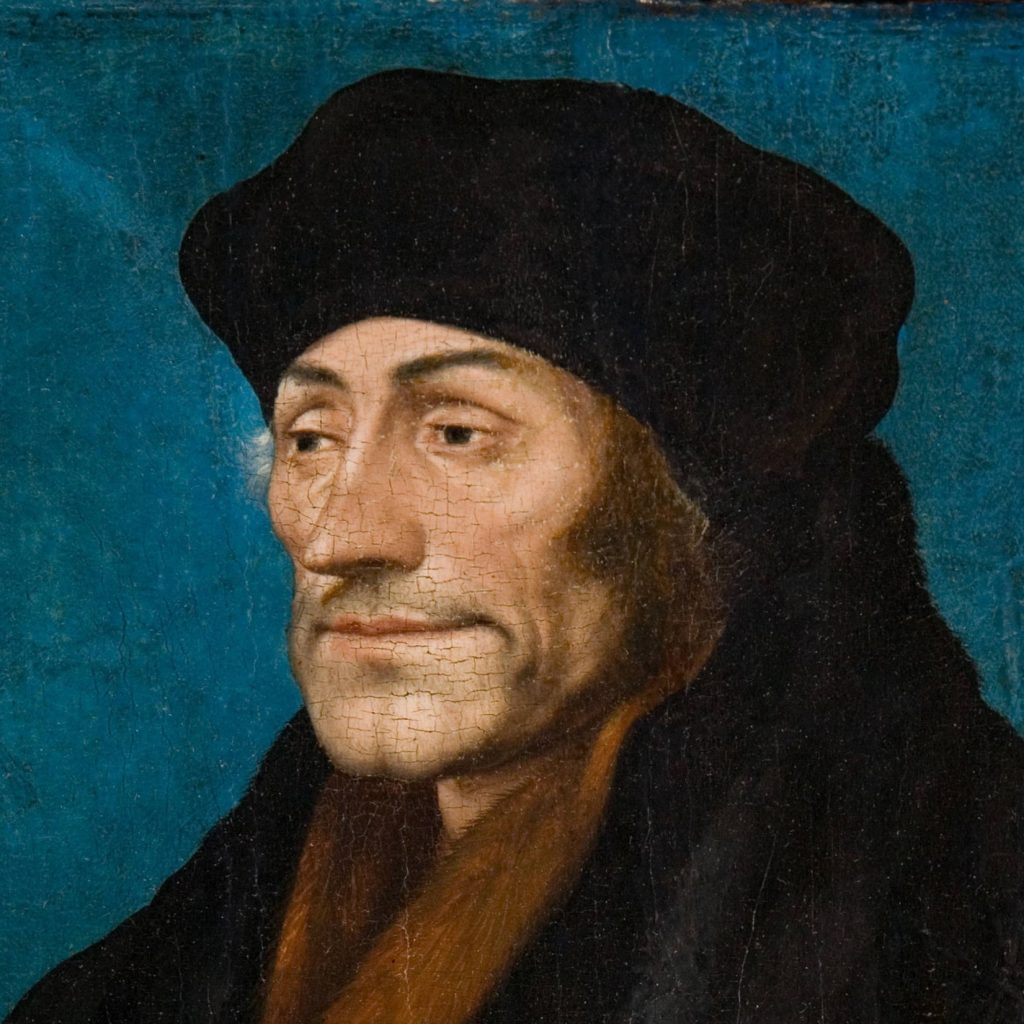
Erasmus (1466–1536)
Erasmus was a Dutch scholar and priest who sought to reform the church from within. He wrote extensively on the need for moral and spiritual renewal and emphasized returning to the original teachings of the Bible. Though he didn’t break away from the Catholic Church, his calls for reform laid the groundwork for the Reformation and influenced many, including Martin Luther.
William Tyndale (c. 1494–1536)
Tyndale was an English scholar who translated the Bible into English, making it possible for ordinary people to read it in their own language. His translation was illegal at the time, and he was eventually arrested and executed. However, Tyndale’s work lived on, as much of his translation formed the basis for the King James Bible.
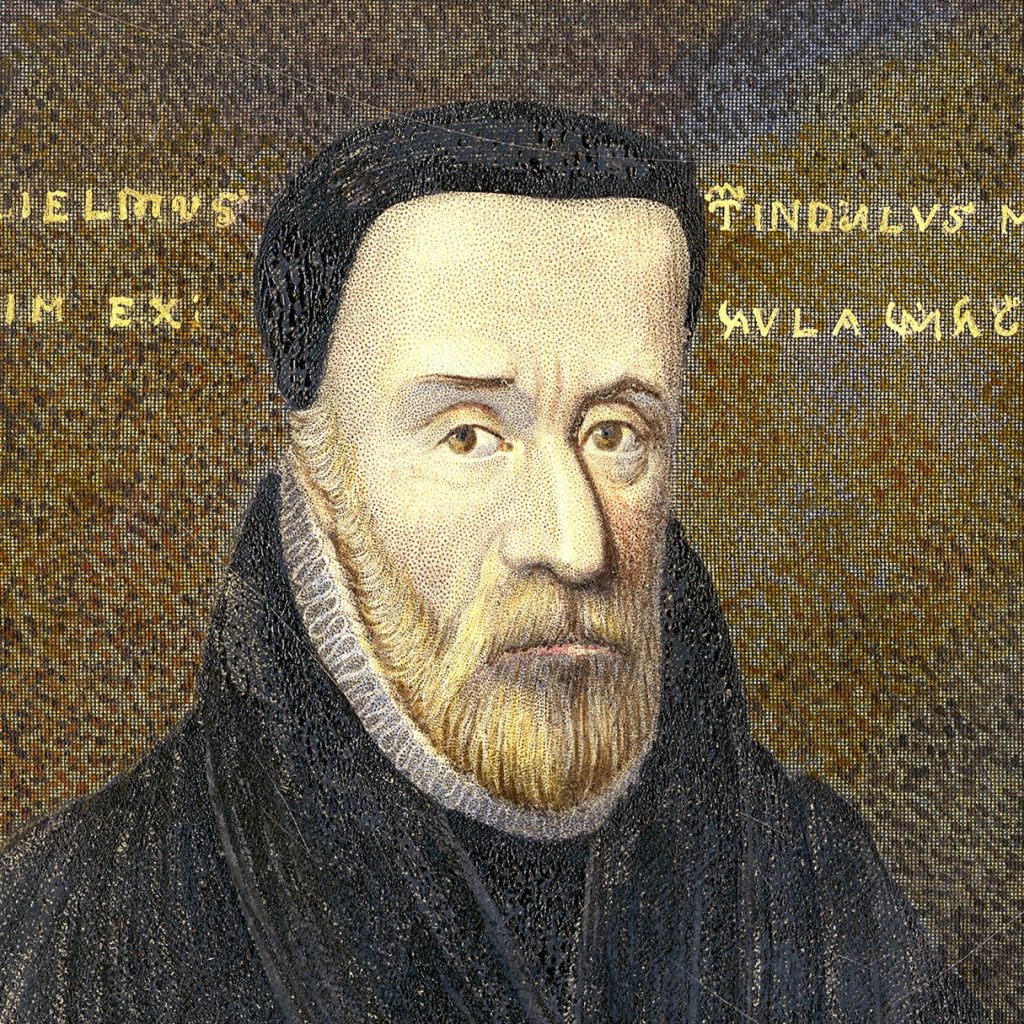
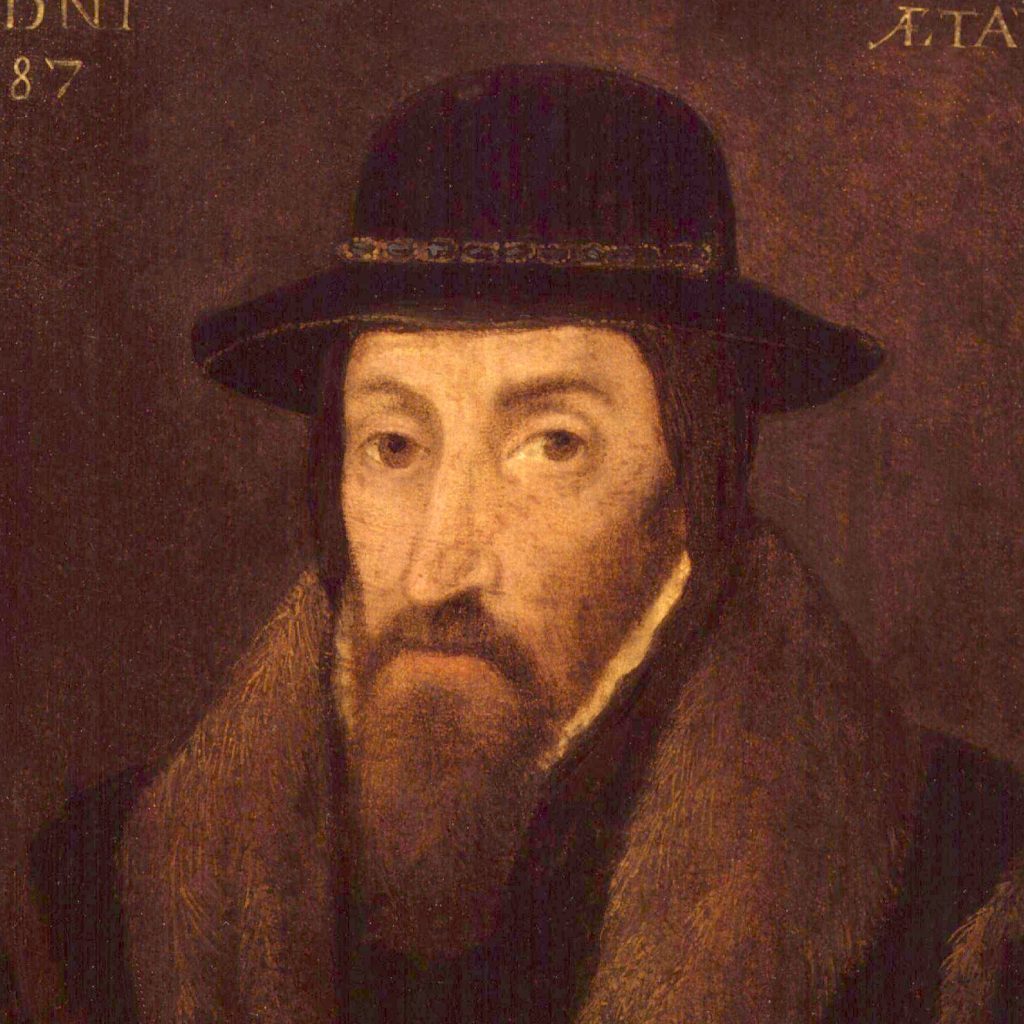
John Foxe (1516–1587)
Foxe was an English historian and author of Foxe’s Book of Martyrs, which documented the persecution of Protestants. His book became a bestseller in England and served to encourage the Protestant cause, highlighting the courage of those who stood up against what they believed were unjust practices of the Catholic Church.
John Calvin (1509–1564)
Calvin was a French theologian who moved to Geneva, Switzerland, where he became a leader in the Reformation. He wrote Institutes of the Christian Religion, a foundational text for Protestant theology. Calvin’s teachings emphasized God’s sovereignty, the authority of Scripture, and a disciplined Christian life, leading to the development of Calvinism.
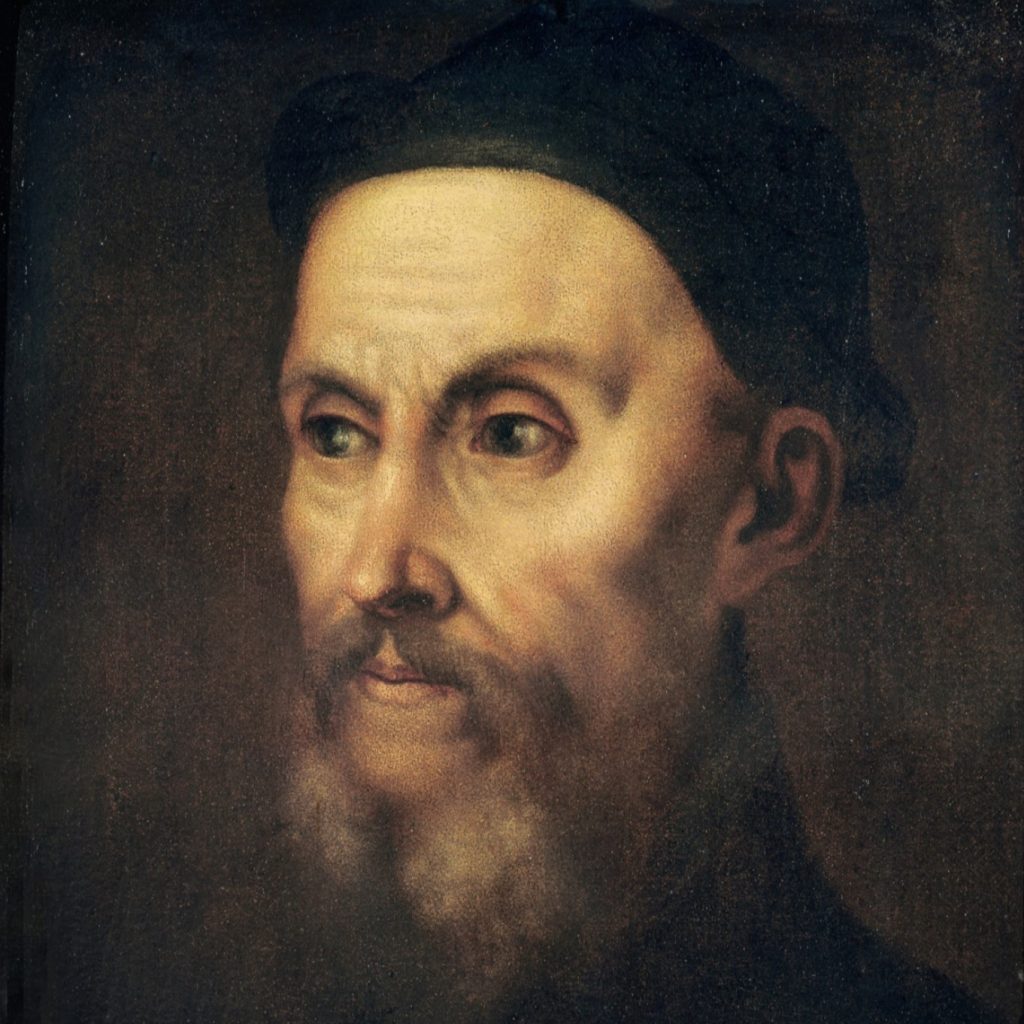
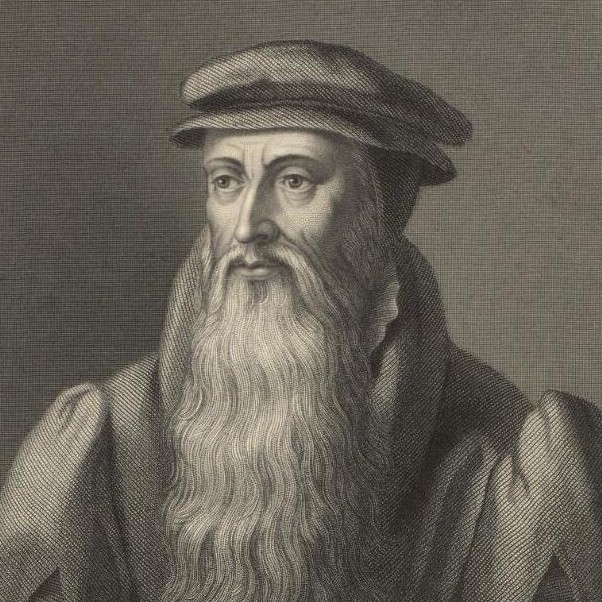
John Knox (c. 1514–1572)
Knox was a Scottish preacher who brought Reformation ideas to Scotland. After studying under Calvin in Geneva, he returned to his homeland and helped establish the Presbyterian Church. Knox’s fiery sermons and leadership played a crucial role in spreading Protestantism in Scotland.
The Ninety-Five Theses
Martin Luther’s Ninety-Five Theses was a list of statements that challenged the church’s practices, particularly the sale of indulgences. An indulgence was a way for people to “buy” forgiveness for their sins, something Luther saw as contrary to the teachings of the Bible. By nailing the Theses to the church door, Luther hoped to spark debate and encourage reform. Instead, it set off a wave of change that led to the birth of Protestant churches across Europe.
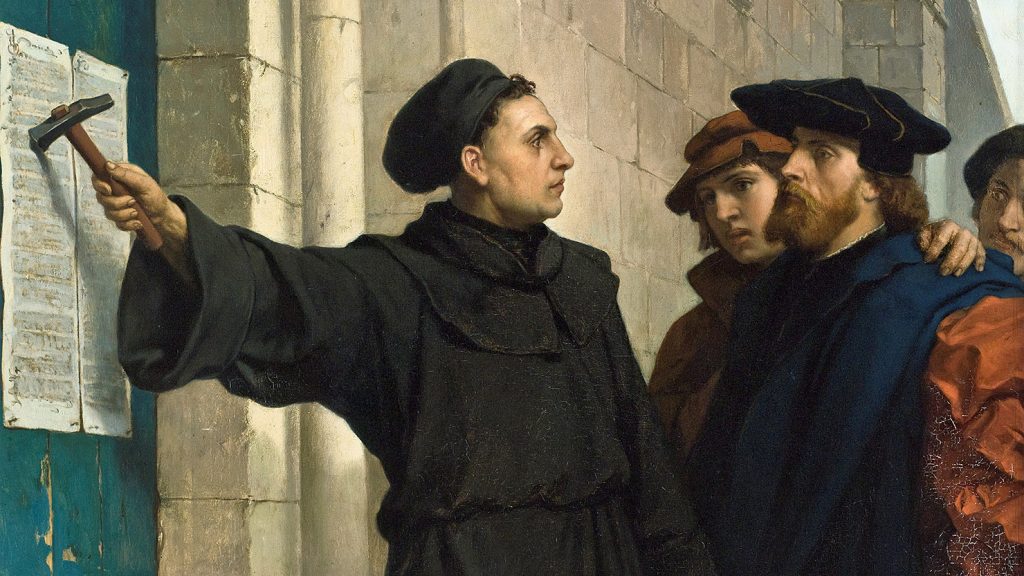
The Five Solas
During the Reformation, five key principles, known as the Five Solas, became central to Protestant belief. They are as follows:
- Sola Scriptura (Scripture Alone) – The Bible is the ultimate authority for Christians, not the traditions or teachings of the church.
- Sola Fide (Faith Alone) – Salvation is received through faith alone, not by works or purchasing indulgences.
- Sola Gratia (Grace Alone) – Salvation is a gift of God’s grace, not something we can earn.
- Solus Christus (Christ Alone) – Jesus Christ is the only mediator between God and humanity.
- Soli Deo Gloria (To the Glory of God Alone) – All of life is to be lived for the glory of God.
Why Does the Reformation Matter?
The Reformation was more than just a religious event, it changed how people thought about freedom, education, and even government. It encouraged individuals to read and interpret the Bible for themselves, which promoted literacy and learning, and gave people the freedom to worship God in different ways.
It was a pivotal point in history, when people were willing to stand up for what they believed in, even at great personal cost. By learning about people like Martin Luther, John Wycliffe, and William Tyndale, we get a glimpse of how one moment in history can lead to profound change, inspiring us to dig deeper into how the Reformation helped shape the modern world.
The Reformation Copywork Pack
Deuteronomy 4:2 says, “Do not add to what I command you and do not subtract from it, but keep the commands of the Lord your God that I give you.”
This Reformation supplement pack will give you many beautiful opportunities to teach your children about the sole authority and infallibility of the Word of God, and the importance of not adding to or subtracting from any part of it.
Use the Ninety-Five Theses, the Five Solas (with relevant scriptures), and the hymn, “A Mighty Fortress Is Our God” as springboards for discussion, and for teaching and instilling the Word of God into them. We’ve included copywork of each of these as a way of reinforcing the Word of God while practicing handwriting.
We’ve also included short summaries of other reformers throughout the centuries, along with a notebooking page for writing out their narrations.
I encourage you to add some living books and even documentaries to share the history of the Protestant Church with your family.
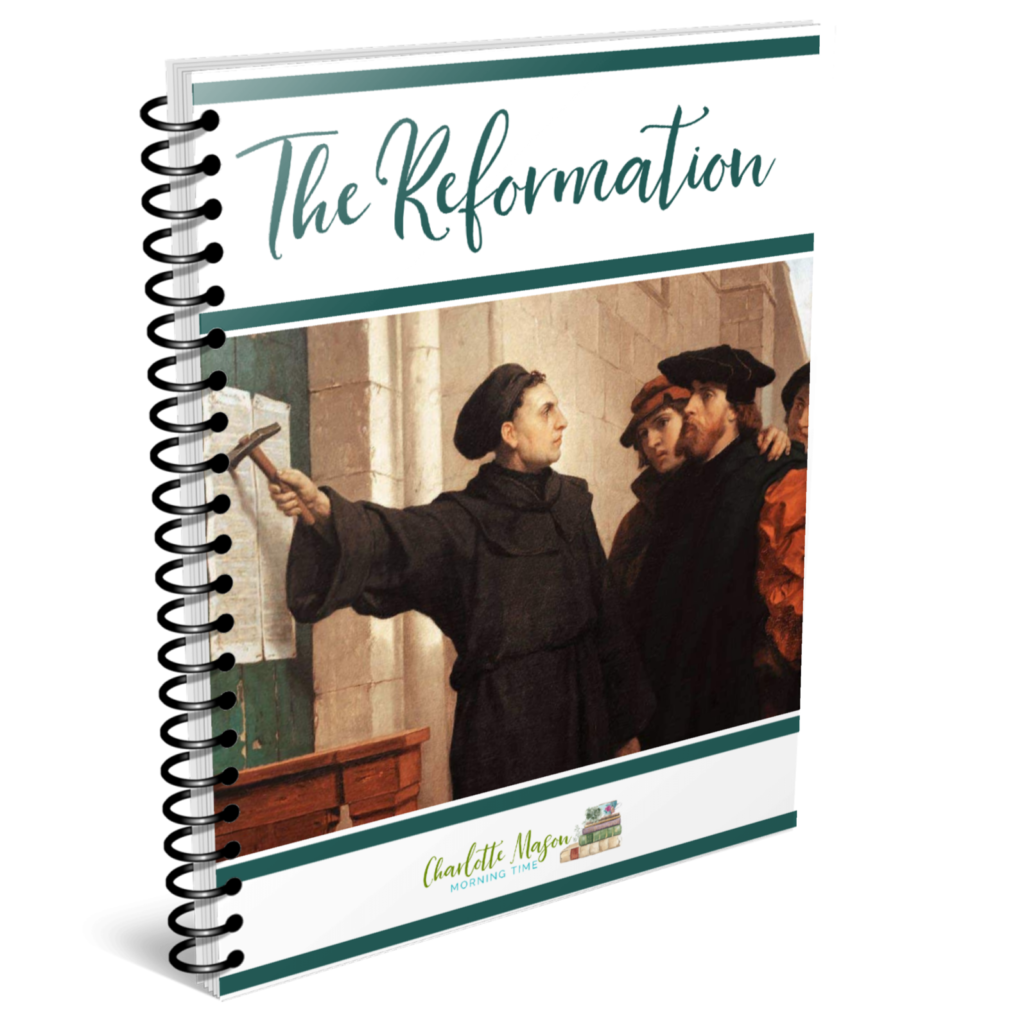
The following are included in this pack:
- Introduction to the Reformation
- Biographies on major reformers:
- Martin Luther
- John Wycliffe
- Jan Hus
- Johannes Gutenberg
- Erasmus
- William Tyndale
- John Foxe
- John Calvin
- John Knox
- Reformer Study Notebooking page
- Introduction to the hymn, “A Mighty Fortress Is Our God”
- “A Mighty Fortress Is Our God Sheet” Music & listening links
- Introduction to the Ninety-Five Theses
- Introduction to the Five Solas
- Recommended living books for further story
- Copywork (Zaner-Bloser style handwriting sheets for all ages: primary, elementary, and cursive, as well as college-ruled for older students &/or moms) for the following:
- A Mighty Fortress Is Our God
- The Ninety-Five Theses
- The Five Solas
343 pages!
Family Read-Alouds on the Reformation
Looking for book suggestions for learning more about the reformation? Check these out from your local library or purchase via Amazon. (Note: I’d recommend Foxe’s Book of Martyrs for high schoolers and adults only.)
Martin Luther: A Man Who Changed The World The Barber Who Wanted to Pray
The Barber Who Wanted to Pray John Calvin – Christian Biographies for Young Readers
John Calvin – Christian Biographies for Young Readers John Knox (Christian Biographies for Young Readers)
John Knox (Christian Biographies for Young Readers) Martin Luther (Christian Biographies for Young Readers)
Martin Luther (Christian Biographies for Young Readers) What was the Gutenberg Bible? (Who, What, Why)
What was the Gutenberg Bible? (Who, What, Why) Who was Martin Luther? (Who, What, Why)
Who was Martin Luther? (Who, What, Why) Why did the Reformation Happen? (Who, What, Why)
Why did the Reformation Happen? (Who, What, Why) John Calvin: What is the truth? (Little Lights)
John Calvin: What is the truth? (Little Lights) John Knox: Who will save you? (Little Lights)
John Knox: Who will save you? (Little Lights) Martin Luther: What should I do? (Little Lights)
Martin Luther: What should I do? (Little Lights) Luther: Echoes of the Hammer
Luther: Echoes of the Hammer When Lightning Struck!: The Story of Martin Luther
When Lightning Struck!: The Story of Martin Luther John Calvin: After Darkness Light (Trail Blazers)
John Calvin: After Darkness Light (Trail Blazers) Martin Luther: Reformation Fire (Trail Blazers)
Martin Luther: Reformation Fire (Trail Blazers) John Knox: The Sharpened Sword (Trail Blazers)
John Knox: The Sharpened Sword (Trail Blazers) The Betrayal: A Novel on John Calvin
The Betrayal: A Novel on John Calvin The Revolt: A Novel in Wycliffe’s England
The Revolt: A Novel in Wycliffe’s England The Thunder: A Novel on John Knox
The Thunder: A Novel on John Knox Luther in Love
Luther in Love Mr. Pipes and Psalms and Hymns of the Reformation
Mr. Pipes and Psalms and Hymns of the Reformation The King’s Book (Louise A. Vernon Religious Heritage Series)
The King’s Book (Louise A. Vernon Religious Heritage Series) The Man Who Laid the Egg
The Man Who Laid the Egg The King’s Book (Louise A. Vernon Religious Heritage Series)
The King’s Book (Louise A. Vernon Religious Heritage Series) Ink on His Fingers (Louise A. Vernon Religious Heritage)
Ink on His Fingers (Louise A. Vernon Religious Heritage) The Beggars’ Bible
The Beggars’ Bible The Bible Smuggler
The Bible Smuggler Thunderstorm in Church (Louise A. Vernon Religious Heritage Series)
Thunderstorm in Church (Louise A. Vernon Religious Heritage Series) Luther, the Leader
Luther, the Leader Spy for the Night Riders: Introducing Martin Luther (Trailblazer Books)
Spy for the Night Riders: Introducing Martin Luther (Trailblazer Books) Foxe’s Book of Martyrs
Foxe’s Book of Martyrs
Movies for Learning About the Reformation
Pin Me!
